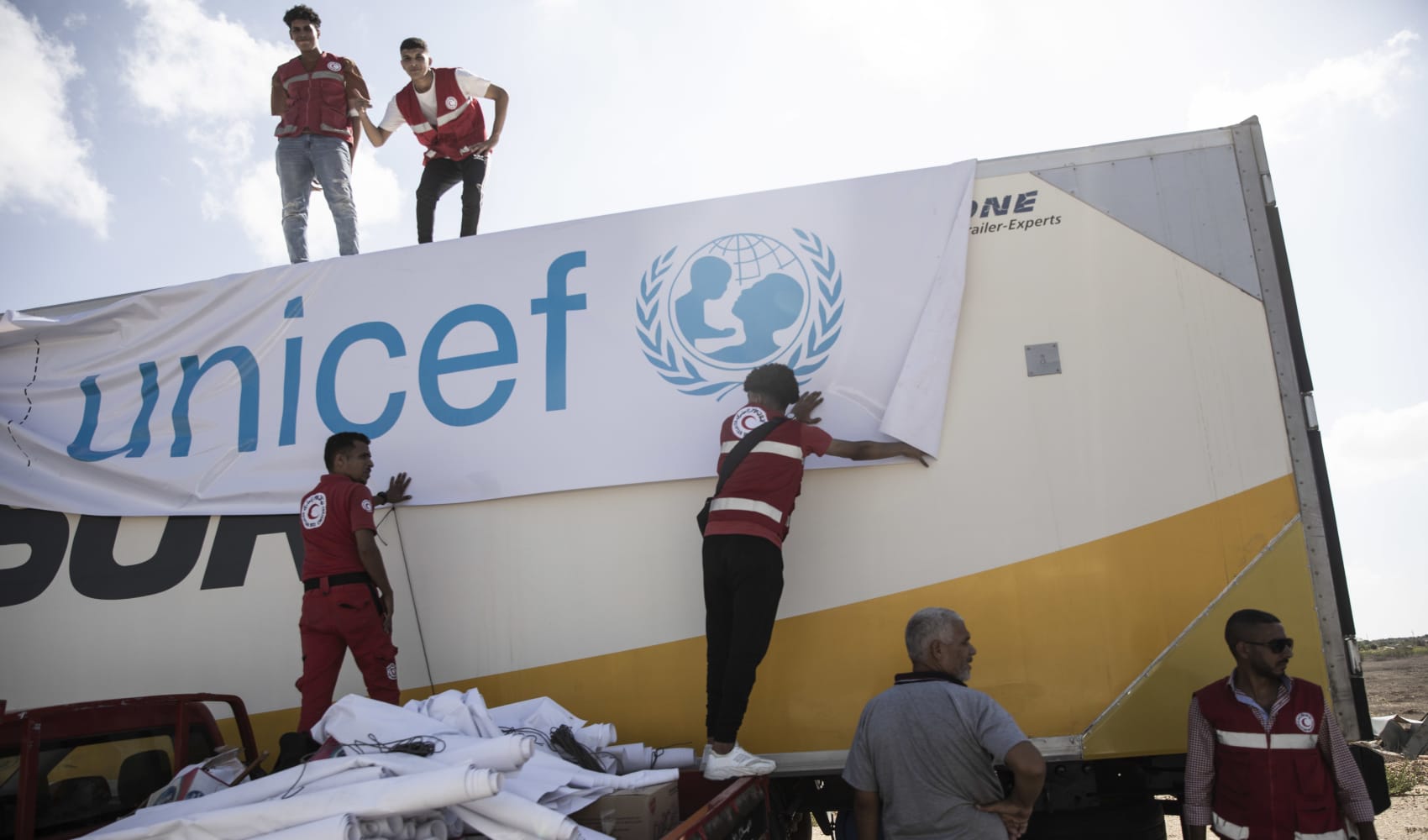
In blue ink on a scrap of white paper that sits on his desk, Jehad Adwan scribbles the names and ages of his wife's relatives.
Next to five names, he writes “killed” or simply, “K." Besides another five, he marks “injured” or “I."
With every news report, social media post and conversation with a relative, he's keeping track — from his suburban Minneapolis home — of the toll the Israel-Hamas war is taking on his family, and his wife's family, in Gaza.
“What is preoccupying my brain, my everything, is just the fear of what’s going to happen next,” he said in an interview.
Get top local stories in Connecticut delivered to you every morning. >Sign up for NBC Connecticut's News Headlines newsletter.
The family’s plight reflects the far reach of the war for Palestinian and Israeli families around the world.
For Adwan, even the blast at a hospital in Gaza had a personal connection. It was the place where he trained to become a nurse before moving to the U.S. and becoming a nursing professor at Minnesota State University, Mankato.
Adwan and his wife, Fatma Abumousa, found out Sunday that five of her relatives were killed, and another five were injured after a bomb hit her family's multigenerational home in Khan Younis, a southern city and decades-old refugee camp in Gaza.
Abumousa said she first saw on the instant messaging app Telegram — in channels that Gaza journalists have been posting to — that her hometown was hit, then that it was her neighborhood. Finally, she saw her family’s address.
“She woke me up. She was very upset and distraught. Very scared and crying,” said Adwan, 54, while helping Abumousa, 41, translate from Arabic to English.
Abumousa confirmed with surviving family in Gaza that three of her nephews — ages 6, 7 and 18 — were killed and have been buried, along with her sister-in-law, 42, and cousin, 40.
“Little by little, through the morning, we learned all the details," Adwan said.
Hmaid, the 18-year-old nephew, was a “brilliant student” who loved calligraphy and building computers, Adwan said. The family had hoped he could study engineering in Germany.
Yusuf and Abdelrahman, the 6- and 7-year-olds, loved going to school and spending time with family. Hiba, their mother and Abumousa's sister-in-law, was an architect and novelist.
And Hani, Abumousa’s cousin, had just moved from northern Gaza to the southern city to avoid danger after Israel ordered about 1 million people in northern Gaza to evacuate.
“Unfortunately, that didn't help him,” Adwan said.
Among the five injured were Abumousa's other nieces and nephews, and the sister of her sister-in-law. Some have injuries to their backs, legs and shoulders from shrapnel, Adwan said. Another is in a coma.
Abumousa said through tears that she wants to stop losing people. She had planned to visit her parents in Gaza this month so they could meet her nearly 2-year-old son, Yaman. But now, she said, everything has changed.
Adwan said he wishes media reports would humanize Palestinians as much as they humanize Israelis.
“The Israeli side is being covered excessively. Their stories are told, their names are mentioned, their hobbies are listed,” Adwan said. “We are not just numbers," he said of Palestinians.
Above all else, Adwan said he wants others to know this: “The Palestinian people want, demand and deserve freedom and equal human rights, like everyone in the world. Period."
Praying for the best and preparing for the worst, he tucks away the family's list.
On Friday afternoon, five days after learning of the bombing that killed Abumousa's relatives, Adwan said in a message to The Associated Press that 18 people — including nephews, nieces and neighbors — are thought to have been injured from the same bombing. “We learn more every day,” he said.
He hasn't added their names to the list yet.



